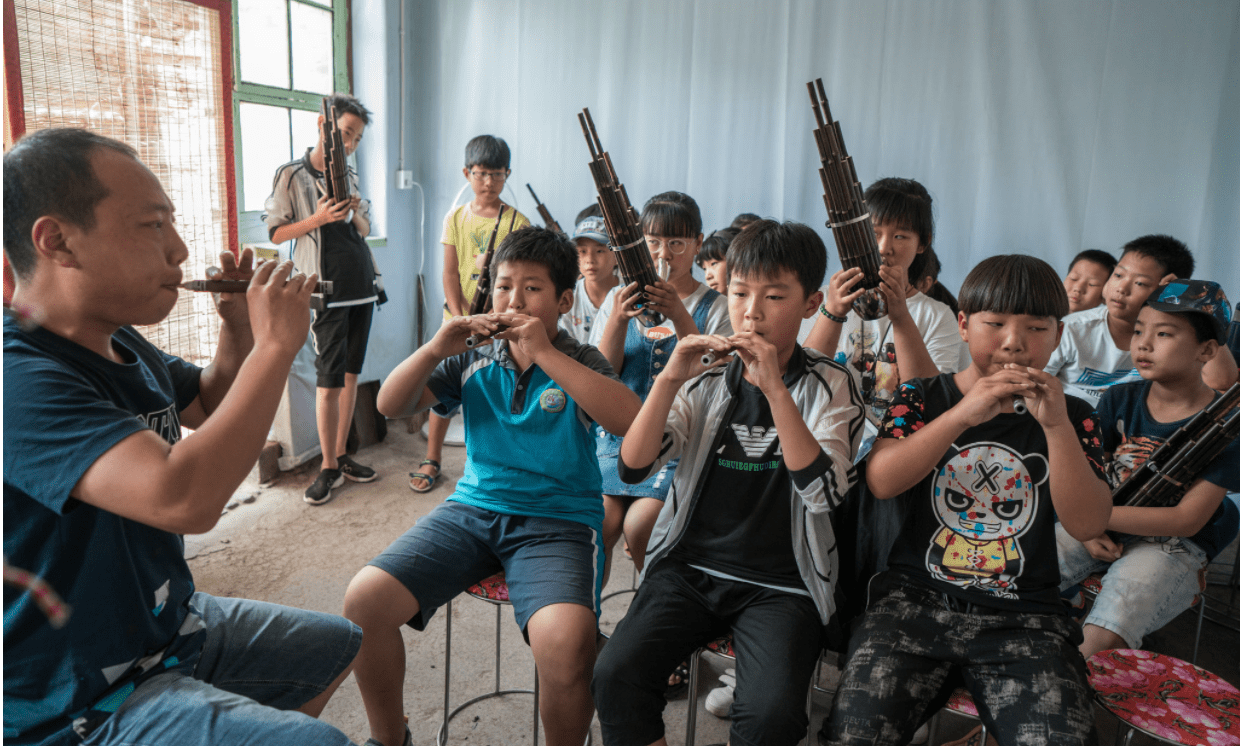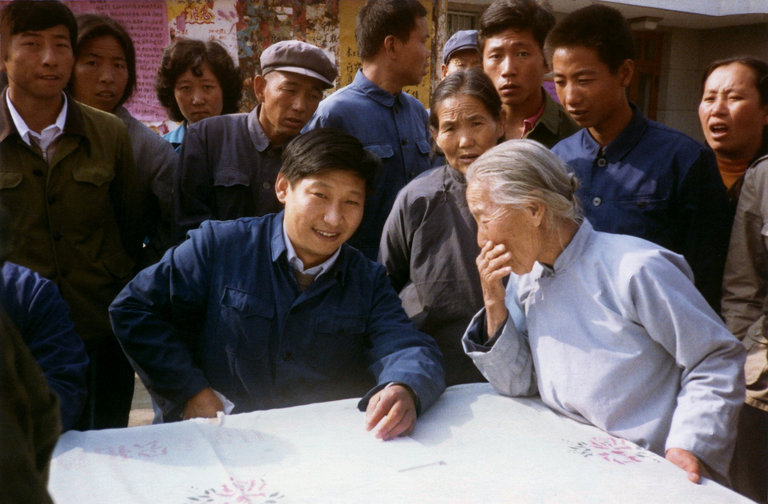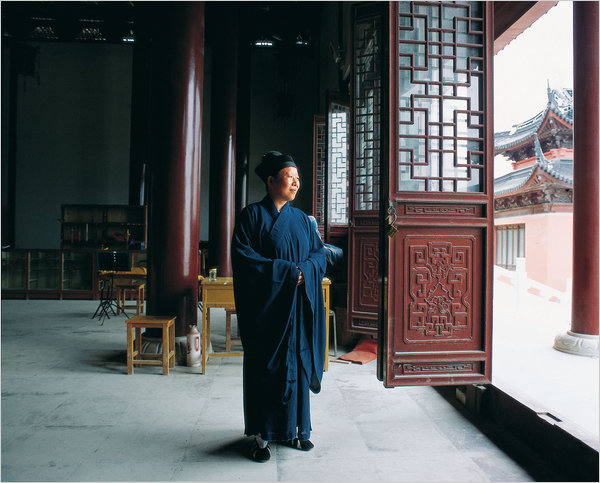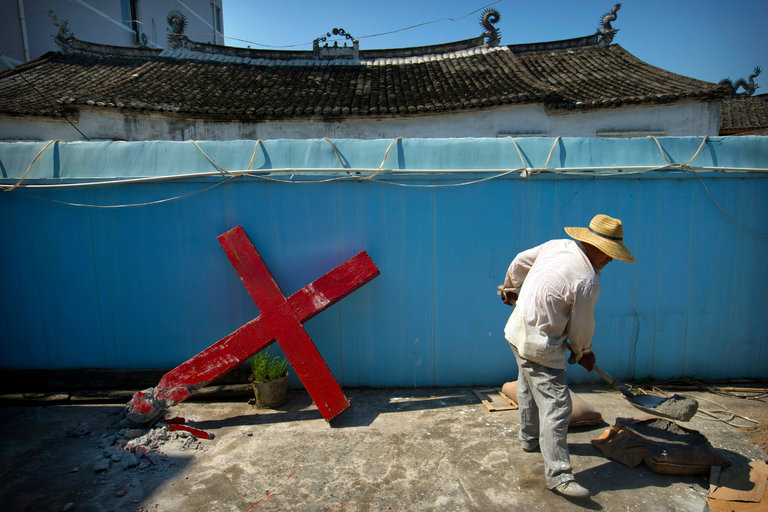
THE GOD OF DEVELOPMENT
In this report for the NYT from the boondocks two hundred kilometers south of Beijing, I look at the cost of the government’s plan to create a stately, new capital modeled on Washington DC–and found a way of life under threat.
I traveled with the VII photo agency member Sim Chi Yin and the NYT’s ace researcher Adam Wu to Baiyangdian to see plans to build a huge new zone similar to Shenzhen or Pudong. The idea is to relieve pressure on the capital–something similar to Liang Sicheng’s plans from the 1950s but about ten times more grandiose.
Before going, I asked Adam to find local historians and cultural sites to visit. I knew that Baiyangdian had a long history and wanted to know what was going to happen to its traditions if a part of Beijing were hived off and plonked in these marshlands. I also knew it was close to the biggest God of Medicine (Bian Que) temple in North China and figured there might be a link.
Adam found Zhang Guozhen, a local historian who was trying to save a traditional music form. We put him high on our list of people to see, along with a historian who runs a small museum to the war against Japan and a pro-government academic–to try to get the government’s view it’s almost impossible to get government comment on stories. And of course before our trip we also talked to water-quality experts, urban planners and others.
But as is usual in China–or anywhere, actually–you only really figure out what’s going on when you go to the place. (This is one reason to regret the current trend toward writing about China from afar, or without leaving the capital. This is due to structural problems in the media that have cut travel budgets and even the ability to have correspondents abroad, but this is another topic…)
When we talked to Mr. Zhang we discovered that the music is religious in origin, part of a pilgrimage to the God of Medicine temple. Mr. Zhang and a younger friend who we quoted in the piece were trying to teach this to younger people, but the effort was threatened by the new development. The reason is that the village will likely be torn down and this will scatter people across the countryside, making it harder and harder to hold practices. (This link between tangible and intangible culture is underestimated but the two are closely linked. This is why the culture of Beijing has been decimated by the destruction of the hutong.)
There were other angles to the story, as well–including the hope that the new development would improve the water quality–but to me the lessons of this story are that a) you have to get out of Beijing to see things and b) if you keep your eyes open, religious angles are everywhere.




